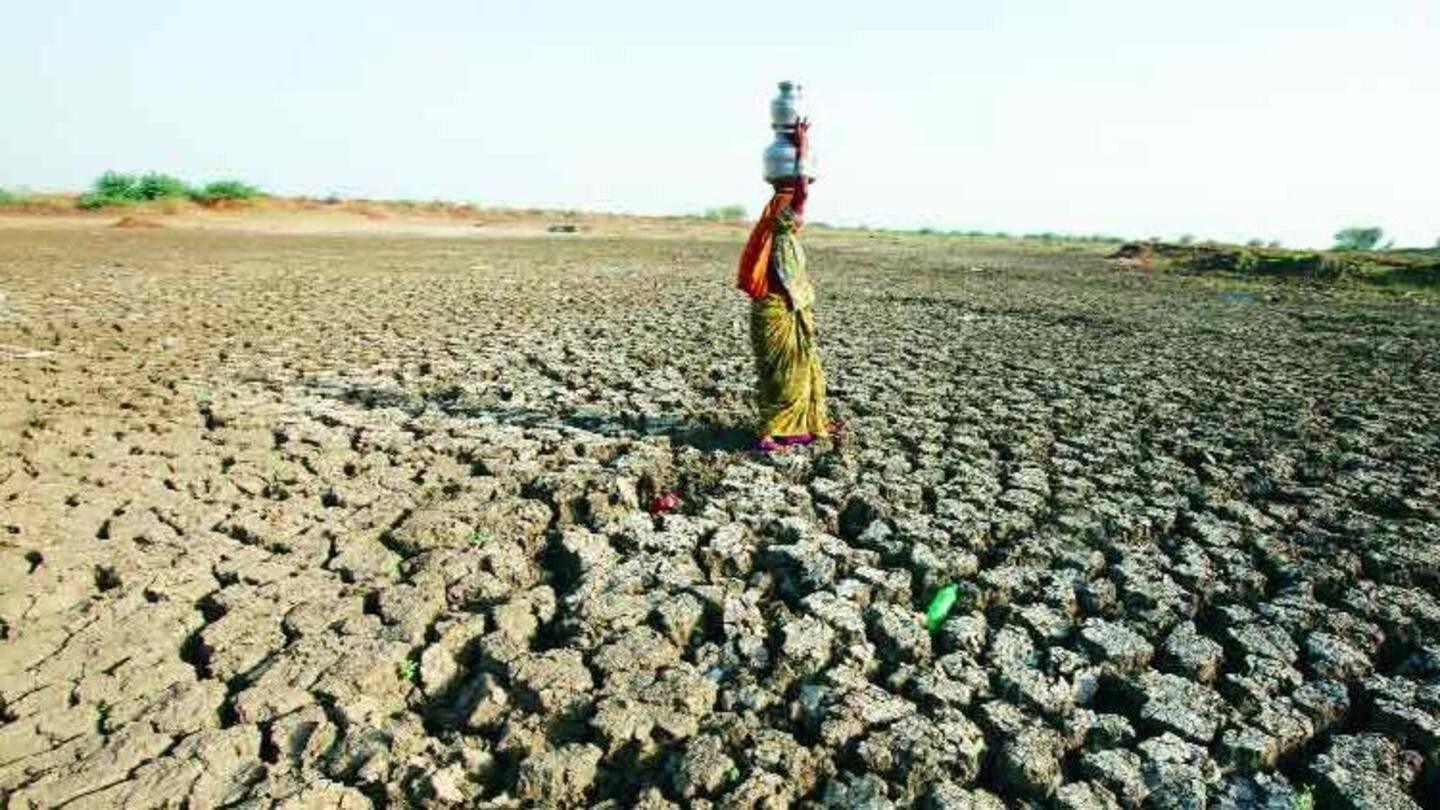
Water of India's river-basins to get undrinkable by 2050: UNESCO
What's the story
The water quality of river basins in South and Central India will suffer high levels of deterioration by 2050, warns a new UNESCO report released ahead of World Water Day on March 22. It predicts an intensified water crisis across the nation by 2050, with Central India battling withdrawal of 40% of the renewable surface water resources, reported Hindustan Times. Read on for more.
Findings
2 billion people have no access to safe drinking water
The report, which draws from a study by the International Institute for Applied Systems Analysis, claims: *One-third rise in water demand by 2050 compared to 2010 levels. *2 billion people currently have no access to safe drinking water and twice as many can't access safe sanitation. *China, India, America, Russia and Pakistan, the largest water consumers now, will continue to be the same even in 2050.
Reasons
Why the water scarcity, drop in quality?
The UNESCO report blames the water scarcity and the frequent flooding of non-flood-prone areas on population explosion and the dramatic climate change. It warns that the number of people vulnerable to flood risk would rise from the current 1.2 billion to 1.6 billion by 2050. The report also estimates that assets worth $45 trillion would be endangered in 2050, courtesy the deepening water crisis.
Solutions
Natural, eco-friendly ways the only course forward
The report recommends nature-friendly ways of saving water like Rajasthan's small-scale water harvesting structure that has helped supply water to 1,000 villages. Another great example is the Underground Taming of Floods for Irrigation (UTFI) project, being launched in the Ganga river basin. It checks both flooding and drought by using excess flow during wet season to recharge aquifers and then use stored water later.